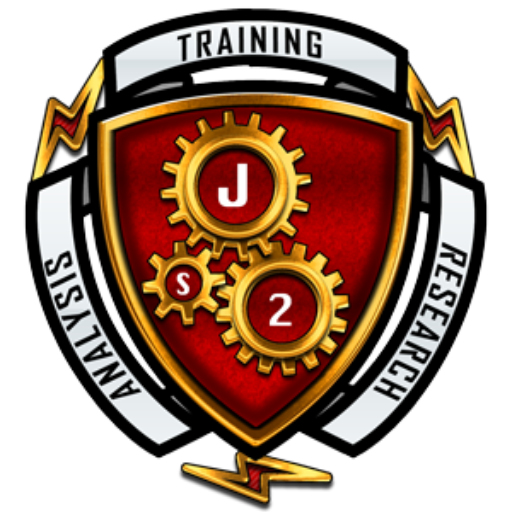Inevitably, at one point or another, everyone feels as if they are swimming against the tide, struggling to accomplish their goals. What is holding you back from becoming as productive as you should be?
[Tweet “What is holding you back from becoming as productive as you should be? “]We use efficiency to execute tasks at a quick, high quality rate. This increases our productivity, or the ability to generate results. Productivity in itself is simple, produce a result or product. Easy, right? Efficiency is more ambiguous.
So if productivity is that simple, why is efficiency so difficult to achieve?
Establishing Inefficiency
To begin improving efficiency, we must first establish inefficiency. Several external forces are at work when beginning a project, whether those forces are recognized or not. For instance, a clean work place makes all the difference in completing a task.
Figuratively if we have a clean mental work space, we are more open to a free flowing thought process. Surrounding your mind with clutter makes any task twice as difficult and take longer to complete.
Other deterrents and procrastination stimulators include a television program running in the background, noisy kids and neighbors or having too many physical things out on your desk. Don’t worry though; there are ways to get past these inconveniences.
How do we improve mental efficiency and productivity?

Multitasking creates the feeling of having multiple appendages.
Photo credit: ryantron. via Foter.com / CC BY-ND
Planning Past Inefficiency
We all want to be ultra-efficient and able to accomplish any job if we designate the time and effort to it. The first and best way to ensure efficiency is to create an in depth plan and strategy; however, there are other steps necessary to execute the plan efficiently. These steps add time to the process while making it more efficient.
- Plan your tasks, step by step. Establish a goal and include a deadline for each task leading you to that goal. What do you need to do to achieve your goal? In what order and on what timeline?
- Mentally prepare yourself for success by boosting your own moral. One technique is holding the superhero pose in front of a mirror for a minute before entering a meeting or interview. Stand with both feet planted firmly on the ground and put each hand on the corresponding hip. While it may seem silly, this has been proven to boost confidence and ultimately your efficiency.
- Physically prepare your environment to optimize your workflow output. Have everything you need, such as your computer, notepad, pen or pencil, headphones or cell phone, within reach ahead of time. This will help you stay focused and streamline your workflow process. What you need depends on the task at hand.
- Physically prepare your body to operate at peak mental efficiency. Sleep, hydration and exercise are key factors in mental preparation and energy for draining intellectual tasks.
- Eliminate all unnecessary distractors. Your cell phone, Facebook, the TV, friends, family, coworkers, etc. can all distract us from working efficiently.
- Change venues if you find that where you are working is too distracting for any reason whatsoever. It can help to move from either a loud and crowded place to a quiet secluded one or even vice versa.
Executing Efficiently
Now that you’ve planned out your workflow, prepared yourself and your workspace and sat down to begin working, a few good rules to follow while you work are:
- Use a system for completing tasks. Create a checklist and start with easy and common tasks. If you can complete a task in under two minutes then do it immediately. The more small tasks you complete, the more motivated you will feel to continue working. This motivation increases your efficiency throughout the remaining tasks.
- Create rewards for completing tasks. The reward for accomplishing a goal can be something physical like a piece of candy or a 15 minute break to go outside for fresh air. Breaks and rewards help your brain gather energy to refocus.
- Maintain your organization and stick to the deadlines you set for yourself. It’s easy to get caught up working and forget about maintaining your system of efficiency. Keep yourself on track by going back to your predetermined plan and making sure you remain organized.
- Set limits for everything. Put a time limit on meetings, the amount of time you use to check your email, write a blog post, review a memo, etc. Limits are the key to time management.
- Eliminate multitasking completely and stay focused.
- Measure how much time each goal and task requires. Then explore ways to improve your use of time, speed of work, etc.
The last step, measuring, is the most important. When we measure our time used for each minute task, we are able to really analyze where we are lacking in efficiency. With this knowledge we are then able to improve in these areas to truly excel.
In this way we must be honest with ourselves regarding when we think a deadline can be met. Sometimes, we might set deadlines too soon or too late depending on how optimistic or lazy we feel. As you streamline your efficient workflow process, you will gain an uncanny ability to determine deadlines increasingly accurately.
[Tweet “As you streamline your process, you will gain an uncanny ability to determine deadlines accurately.”]Here at JS2, we are dedicated to improving the lives of business, government and military professionals everywhere. JS2 Application Development specializes in expert training and offers advanced communication courses to help you in your professional and everyday life. These courses are designed to help you with mental preparation and increase your productivity.
We would love for you to join our conversation. Let us know in the comments if you have anything to add, questions or corrections.
[grwebform url=”https://app.getresponse.com/view_webform_v2.js?u=BJ6Mm&webforms_id=6020503″ css=”on” center=”off” center_margin=”200″/]










